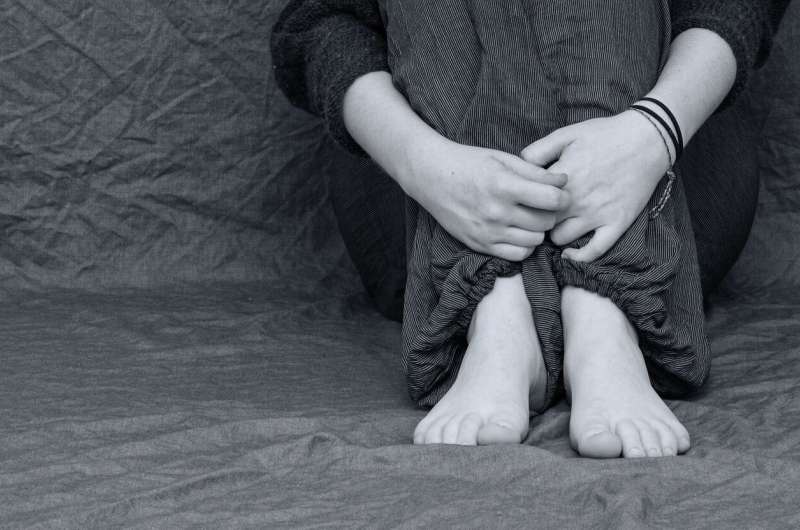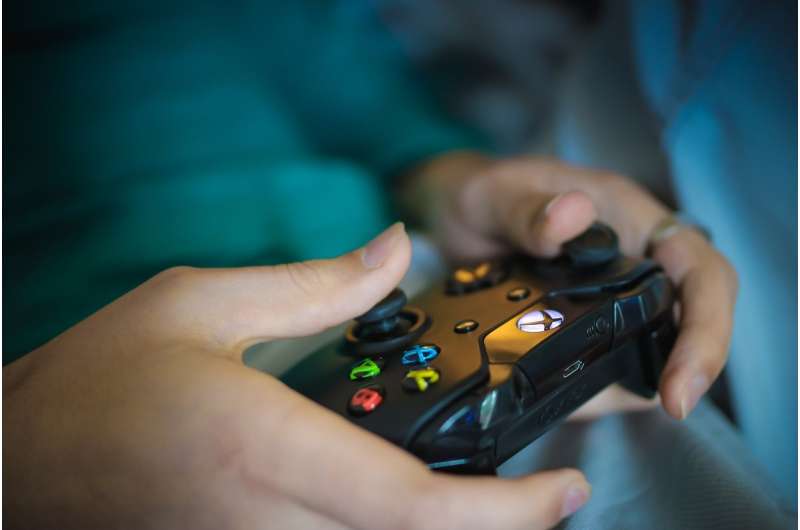Addressing Youth Loneliness in Australia: Insights and Solutions

A new report reveals that over 43% of young Australians experience loneliness, highlighting the need for systemic solutions and community efforts to foster social connection and mental well-being.
Loneliness is often not associated with young people, as societal stereotypes tend to link it more closely with older adults. However, a recent report reveals that loneliness significantly affects Australian youth, with over 43% of individuals aged 15 to 25 experiencing feelings of social isolation. This statistic highlights that more than two in five young Australians grapple with loneliness, and among them, a portion experiences persistent loneliness, feeling lonely for at least two years.
The study, which analyzed data from the Household, Income and Labour Dynamics in Australia (HILDA) survey (2022–23), indicates that poor physical and mental health dramatically increase the risk of ongoing loneliness. Factors such as socioeconomic background, health status, and behavior also contribute to this issue.
Young people struggling with persistent loneliness are over seven times more likely to face high psychological distress. Moreover, loneliness is linked not only to mental health challenges but also to physical health problems, including early signs of vascular dysfunction in adults as young as 22.
Interviews with young Australians shed light on the social barriers they encounter. Many emphasize the importance of safe community spaces for fostering connections. For example, a young man from New South Wales described how shared meals and social activities after lectures built friendships. Technology can serve as both a connector and a divider; online interactions help those in isolated communities, yet cyberbullying and online negativity pose significant challenges.
Economic factors, particularly the high cost of living, also hinder social engagement. A young man from metropolitan New South Wales pointed out how expenses related to transportation and dining make it difficult to nurture social relationships.
Addressing youth loneliness requires systemic change. The World Health Organization emphasizes that loneliness should be viewed as a public health issue rather than solely a personal problem. In Australia, the economic burden of loneliness reaches approximately A$2.7 billion annually, encompassing healthcare costs like GP visits and hospital stays, alongside productivity losses.
Some nations, such as Denmark, have begun implementing national strategies to combat loneliness. Denmark’s initiative, launched in 2023, includes a comprehensive action plan with substantial investment aimed at fostering social inclusion.
Australia is at a pivotal point where adopting a national loneliness strategy is crucial. Such a plan would coordinate efforts across health, education, and social sectors, identify at-risk groups, and promote public awareness campaigns to reduce stigma.
A strategic, community-wide response backed by evidence and lived experiences could significantly improve the quality of social connections among Australians. Increasing social cohesion will not only benefit young people's mental and physical health but also contribute to a healthier, more connected society.
For more details, source: Medical Xpress
Stay Updated with Mia's Feed
Get the latest health & wellness insights delivered straight to your inbox.
Related Articles
Engaging in Helping Behaviors May Slow Cognitive Decline in Older Adults
Research shows that regular helping behaviors, both formal and informal, can significantly slow cognitive decline in older adults, emphasizing the importance of social engagement for brain health.
Research Links Video Game Loot Boxes and Physical Card Packs to Problem Gambling
A new international study finds that spending on video game loot boxes and physical card packs is linked to problem gambling, highlighting the need for updated regulations.
Having a Sense of Purpose May Protect Against Dementia
A sense of purpose in life may significantly reduce the risk of developing dementia and aid in healthy aging, according to recent UC Davis research. Discover how meaningful activities can boost brain resilience.
How Social Media Supports Healing for Abuse Survivors
Recent research shows social media can be a vital resource for abuse survivors, providing safe spaces, community, and support for healing and recovery. Learn how online platforms help vulnerable youth cope and seek help.



